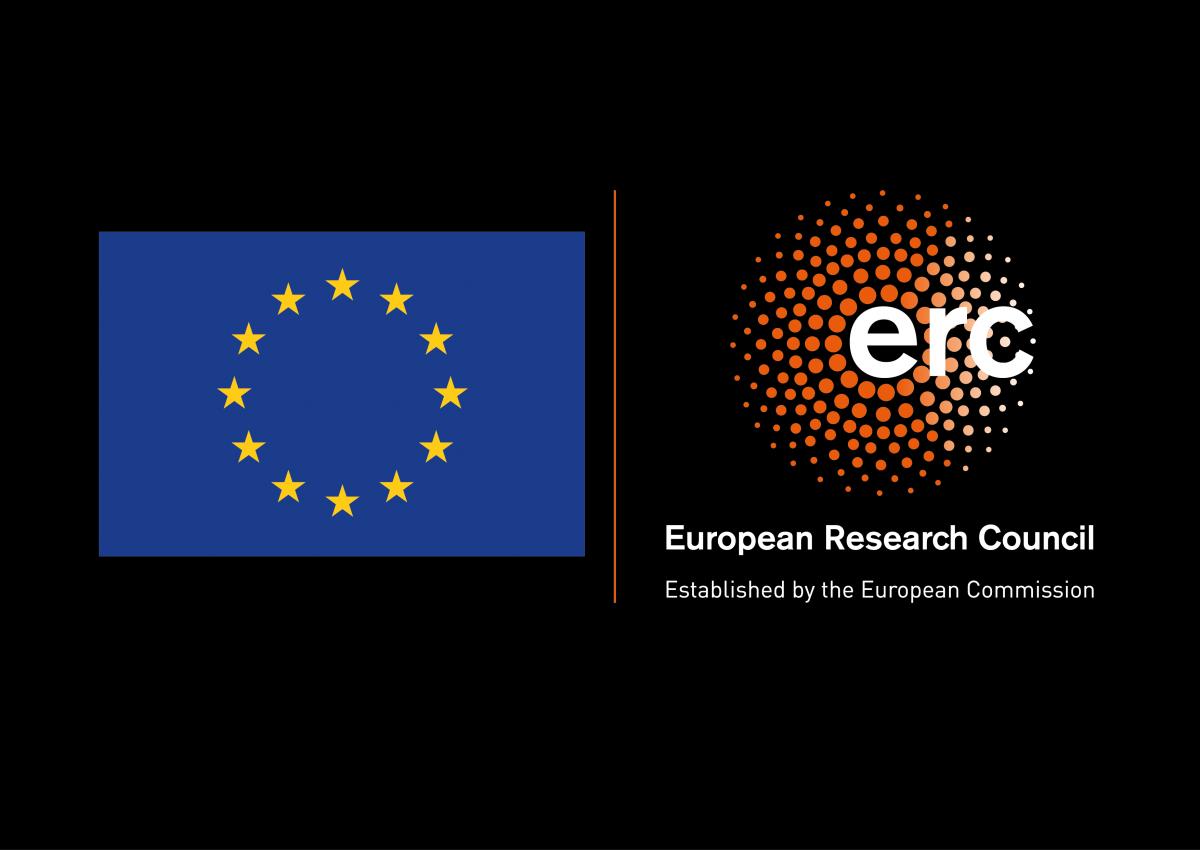Together with philosopher Bence Nanay, immunologist Emanuela Pasciuto, sociologist Tijs Laenen and epidemiologist Joseph Nelson Siewe Fodjo, four young scientists from the University of Antwerp will receive funding from the European Research Council in the coming years.
Every year, the European Commission frees up large budgets for cutting-edge scientific research. One way of doing so is grants awarded through the European Research Council (ERC).
On 5 September, Europe announced the names of the scientists awarded a Starting Grant. The EU is releasing €780 million for 494 different research projects. Three scientists from the University of Antwerp will receive funding: immunologist Emanuela Pasciuto, epidemiologist Joseph Nelson Siewe Fodjo, and sociologist Tijs Laenen. They will receive approximately €1.5 million for a research project that will last for five years.
Bridging the gap
Prof. Emanuela Pasciuto (VIB-UAntwerp Centre for Molecular Neurology) will focus on the influence of the environment on the interaction between the immune system and the brain. Her work could lead to new treatments for neurodevelopmental disorders. Dr Joseph Nelson Siewe Fodjo, postdoctoral researcher at UAntwerp’s Global Health Institute, will conduct research into filariasis, a tropical disease spread mainly by mosquitoes. Dr Tijs Laenen, postdoctoral researcher at KU Leuven and together with UAntwerp’s Centre for Social Policy, will investigate the concept of basic income. He will focus on the conditions under which policymakers respond to public opinion on basic income.
Besides the three Starting Grants, there was also good news for Prof. Bence Nanay, affiliated with UAntwerp’s Centre for Philosophical Psychology. The philosopher secured a so-called Proof of Concept Grant, worth €150 000. Such a grant should help researchers bridge the gap between their basic research and the step to possible commercialisation. Nanay aims to develop techniques to train the visual cortex of blind people, with the goal of allowing them to move around more efficiently.










